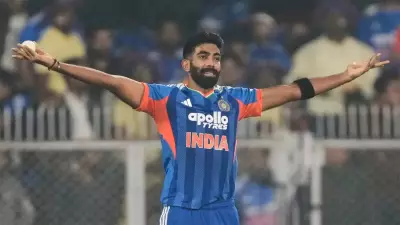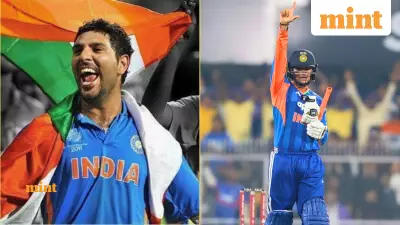
The chess world is buzzing with controversy as former World Champion Vladimir Kramnik has cast doubt on American Grandmaster Daniel Naroditsky's extraordinary performance in sudden death time control games. The Russian chess legend's questioning of Naroditsky's 47-game winning streak has reignited the ongoing debate about fair play in online chess.
The Spark That Lit the Fire
Kramnik, known for his straightforward approach, didn't mince words when expressing skepticism about Naroditsky's impressive run. The American GM, who also serves as a popular chess streamer and commentator, achieved what many considered nearly impossible - winning 47 consecutive games in sudden death format, where players have minimal time to complete their moves.
What Makes This Suspicious?
According to chess experts, maintaining such consistency in sudden death games defies normal statistical expectations. The format's intense pressure and time constraints typically lead to more mistakes and unpredictable outcomes. Kramnik's concerns stem from the mathematical improbability of such a sustained winning streak under these challenging conditions.
"The numbers don't add up," implied Kramnik, suggesting that the probability calculations raise legitimate questions about the authenticity of the achievement.
Chess.com's Response and Measures
The platform at the center of this storm, Chess.com, has been proactive in addressing fair play concerns. Their sophisticated anti-cheating systems include:
- Advanced algorithm detection for computer assistance
- Statistical analysis of move accuracy
- Behavioral pattern monitoring
- Regular security updates and improvements
Despite these measures, high-profile cases like this continue to challenge the platform's credibility and the broader online chess community.
The Bigger Picture: Online Chess Integrity
This incident highlights the ongoing struggle within the chess world to maintain competitive integrity in the digital age. As online chess continues to grow in popularity, the temptation and opportunity for unfair practices have increased proportionally.
Several factors contribute to this challenge:
- The accessibility of powerful chess engines
- The difficulty of monitoring remote play
- The financial incentives in professional online chess
- The psychological pressure to maintain high ratings
What's Next for the Players?
While Naroditsky continues his streaming career and competitive play, the cloud of suspicion raised by a chess legend like Kramnik could impact his reputation. For Kramnik, this represents another chapter in his ongoing campaign for cleaner chess competition.
The chess community now watches closely as this drama unfolds, waiting to see if concrete evidence emerges or if this remains another unresolved controversy in the complex world of competitive chess.




